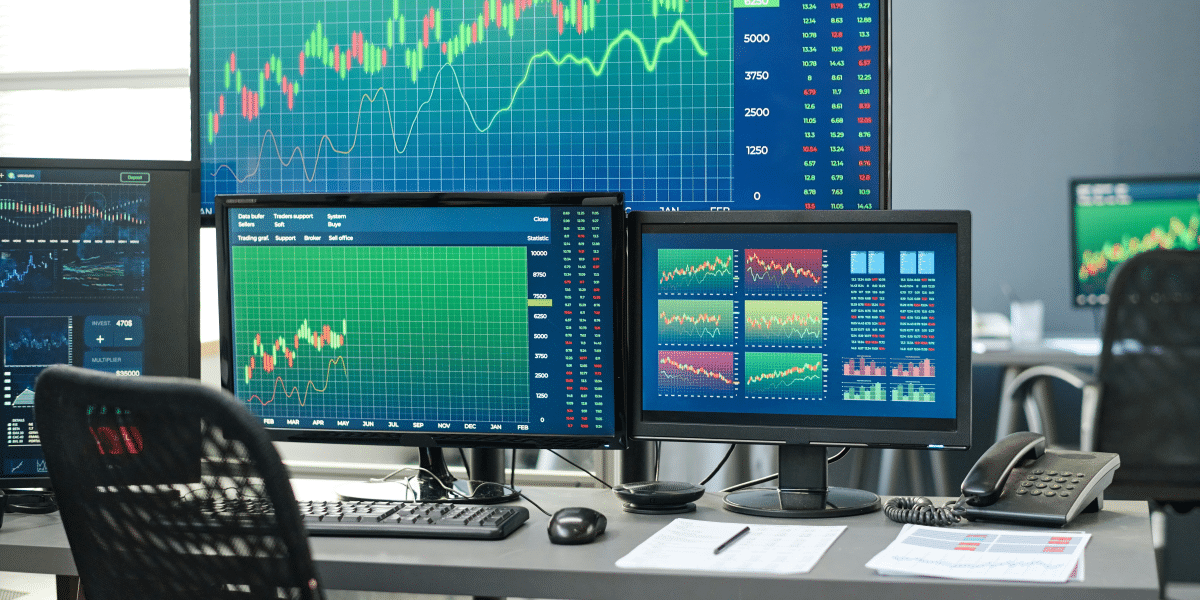As humans, we have many different responsibilities. We have to take care of ourselves and our families, but what about the planet? It’s also our responsibility to protect and nurture the earth that gives us literally everything. Without the planet we cannot live, so why are we slowly hurting it? It’s up to us as humans to be proactive about sustainability and the one of the ideal ways to do that is by implementing more strict recycling measures into our daily routines. The more waste gets recycled the happier and healthier our planet will be.
Climate change is currently a hot topic in the news. Studies have shown that the global temperature is rising, rising 2 degrees from 1850-1900. It’s expected to rise 1.5 degrees more in the next few decades. This will cause great harm and damage to the entire planet, if we don’t make changes now. Increasing our recycling rate is one way to make change on both a manufacturing and household level. Currently this recycling rate in the United States is at 32%, with the goal of reaching 50% by 2030. This means we have only 5 years to make an impact. The more people recycle, the less waste and greenhouse gasses are produced and the healthier the planet will be.
“Increasing the recycling rate to 50% is a team effort. Both CPG companies and consumers at home can make positive changes to their routines to help keep the environment clean. It’s all about implementing recycling practices that will help make the recycling process as efficient as possible,” says JD Ambati, Founder & CEO of EverestLabs.
November 15th is America Recycles Day, and it’s a time to encourage people to implement more effective recycling measures into their everyday lives. It also brings awareness to why recycling is so important for the environment. However, one day a year is not good enough. Recycling needs to become a year-round practice in order for that 50% to be reached.
Both manufacturing companies and households can come together to turn this dream into a reality. CPG (Consumer Packaged Goods) companies can take part of the responsibility and kickstart the recycling process by investing in more sustainable packaging materials. If CPG companies turn towards biodegradable and recyclable materials, consumers at the household level can practice recycling on a wider scale. If consumers are only purchasing recyclable products, they have no choice really but to recycle.
CPG companies can also invest in AI robotic technology to streamline the material sorting process. Not only will this make the recycling process more efficient, but it will ensure that no recyclable material is getting lost and put into the landfill. There are ways on the consumer and capital level to take charge and focus on the planet.
“For consumers, understanding what can and cannot be recycled is essential to keeping recyclables out of landfills and contaminants out of the recycling system. CPG companies can adopt technologies like AI and robotics to optimize packaging design and improve recovery rates in recycling facilities, advancing a circular economy for their packaging. On the governmental level, Extended Producer Responsibility (EPR) laws can expand consumer access to recycling and promote higher recovery rates. Every stakeholder plays a part in recycling, and by working together, we can achieve that 50% goal,” Ambati says.
However the first step to making a more circular and sustainable economy is to understand just how much impact waste has on the environment. It’s easy for people to say they will recycle, but they have to have a deeper connection for it to become an everyday practice. Recycling is just one way to save the planet, but it’s also an efficient one. The more people recycle and turn towards sustainability, the faster our planet will feel the effects, and the slower climate change will happen. It’s a chain reaction and it’s time to start now.
Published by: Josh Tatunay









